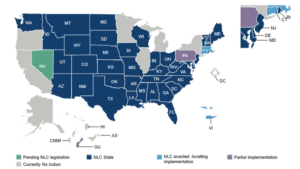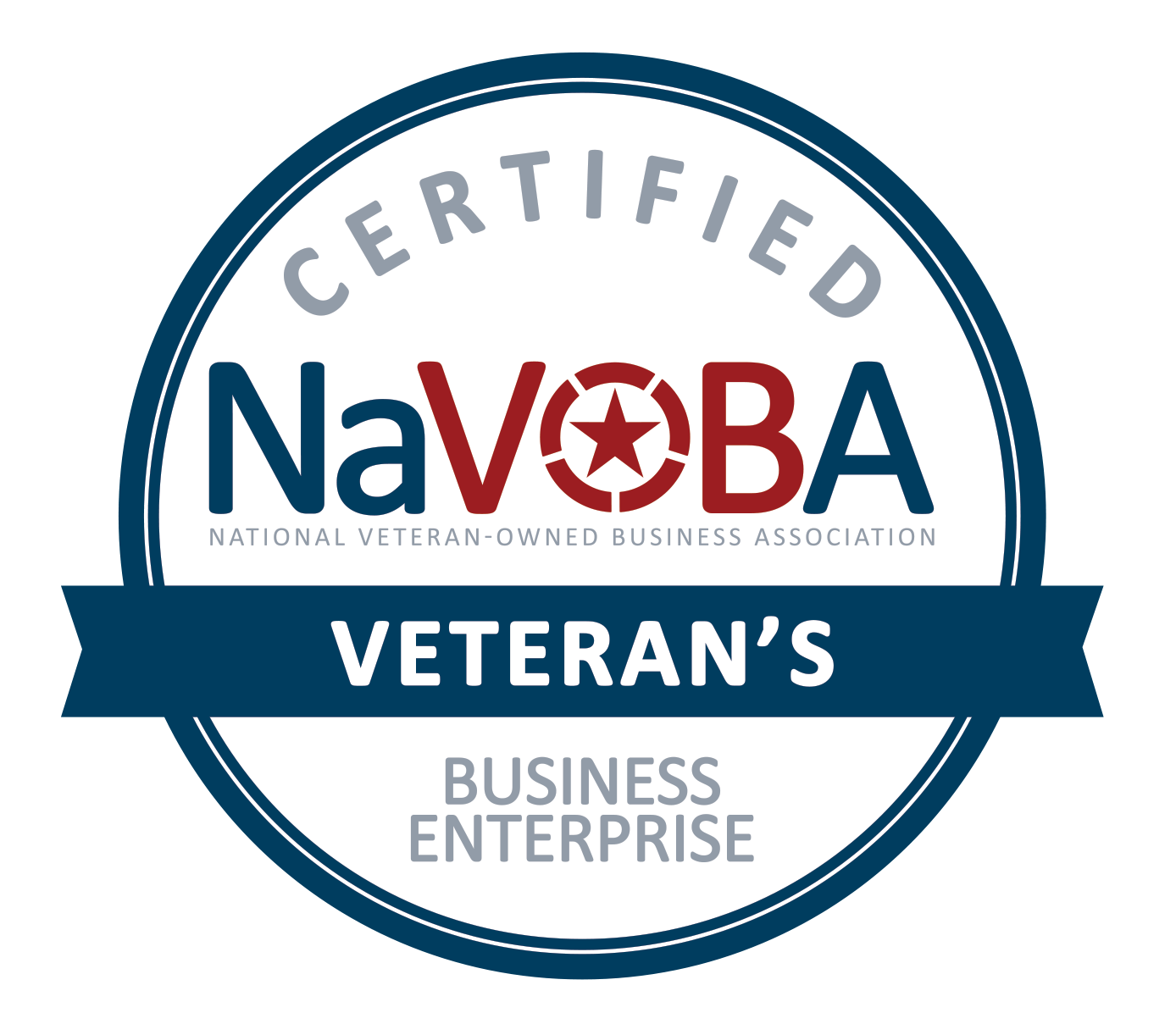Embarking on a career as a traveling nurse offers an exciting opportunity to explore new cities, expand your skill set, and make a meaningful impact in healthcare settings across the country. This dynamic path provides flexibility, personal growth, and the chance to experience diverse cultures while providing essential medical care. If you’re a registered nurse seeking adventure and professional development, becoming a traveling nurse might be the perfect career move.
Educational Foundation
The foundation of a travel nursing career lies in obtaining the necessary traveling nurse qualifications like education and licensure. Aspiring travel nurses typically begin by completing an associate degree in nursing (ADN) or a bachelor of science in nursing (BSN) program. These programs provide comprehensive training in nursing principles, patient care, and clinical skills. A BSN degree often offers broader career opportunities and may be preferred by some healthcare facilities. After completing an accredited nursing program, the next crucial step is passing the National Council Licensure Examination for Registered Nurses (NCLEX-RN). This exam assesses your competency and grants you the registered nurse (RN) credential, a prerequisite for practicing as a nurse in the United States.
Gaining Practical Experience
While educational qualifications are essential, most healthcare facilities value practical experience when considering travel nurses. Gaining hands-on experience in a clinical setting allows you to refine your skills, build confidence, and adapt to various healthcare environments. Working as a staff nurse in a hospital or clinic for one to two years is generally recommended before pursuing travel nursing. This experience demonstrates your ability to handle diverse patient populations, collaborate with healthcare teams, and manage the demands of a nursing role. Specializing in a specific area of nursing, such as critical care, emergency medicine, or oncology, can improve your marketability as a travel nurse.
Choosing a Travel Nurse Agency
Partnering with a reputable travel nurse agency is crucial for securing desirable assignments and navigating the logistics of travel nursing. A good agency—like Ventura MedStaff—will advocate for your needs, negotiate competitive pay packages, and provide comprehensive support throughout your assignments. Research different agencies, compare their benefits and offerings, and read reviews from other travel nurses. Consider factors such as housing assistance, travel reimbursement, health insurance options, and the responsiveness of the agency to your inquiries. A strong agency relationship can significantly impact your overall travel nursing experience.
Licensing and Compliance
Understanding licensing requirements is vital for practicing as a travel nurse across different states. The Nursing Licensure Compact (NLC) allows nurses to hold one multistate license, enabling them to practice in other NLC states without obtaining additional licenses. However, if you plan to work in a non-NLC state, you’ll need to apply for a separate license in that state. Travel nurse agencies often assist with the licensing process, but it’s essential to be proactive and ensure you meet all the necessary requirements before starting an assignment. Additionally, maintaining current certifications, such as Basic Life Support (BLS) and Advanced Cardiac Life Support (ACLS), is crucial for demonstrating your competency and in meeting industry standards.
Embracing the Travel Nurse Lifestyle
The travel nursing lifestyle offers adventure and flexibility, but it also requires adaptability and resilience. Travel nurses must be comfortable with change, adjusting to new work environments, and building relationships with different healthcare teams. Effective communication skills, cultural sensitivity, and a willingness to learn are essential for succeeding in diverse settings. Travel nurses should also be prepared to manage their finances responsibly, maintain a healthy work-life balance, and prioritize self-care while on assignment. Becoming fully immersed in the challenges and rewards of this dynamic career can lead to personal and professional growth.
Seeking Professional Development
Continuous professional development is essential for staying current with advancements in healthcare, and for enriching your nursing expertise. Travel nurses can pursue various opportunities to expand their knowledge and skills, such as attending conferences, participating in online courses, and obtaining specialty certifications. Many travel nurse agencies offer resources and support for professional development, including continuing education units (CEUs) and mentorship programs. Investing in your growth as a nurse not only improves patient outcomes but also increases your marketability and career prospects.
Building a Strong Network
Networking with other travel nurses and healthcare professionals can provide valuable support, advice, and camaraderie. Connecting with colleagues through online forums, social media groups, and professional organizations can create a sense of community and offer insights into different travel nursing experiences. Building relationships with nurses at your assigned facilities can also foster a positive work environment and facilitate collaboration. A strong network can provide guidance, encouragement, and opportunities for professional growth throughout your travel nursing journey.
Financial Planning
Travel nursing often involves fluctuating income streams and varying assignment lengths, requiring careful financial planning. Creating a budget, tracking expenses, and saving for the future are essential for maintaining financial stability. Consider factors such as housing costs, travel expenses, health insurance premiums, and potential gaps between assignments. Many travel nurse agencies offer resources and guidance on financial planning, including tax advice and retirement planning options. Proactive financial management can contribute to a more secure and fulfilling travel nursing experience.
Maintaining a Healthy Lifestyle
Prioritizing physical and mental well-being is crucial for navigating the demands of travel nursing. Maintaining a healthy lifestyle, including regular exercise, balanced nutrition, and adequate sleep, can enhance your resilience and overall well-being. Managing stress through relaxation techniques, mindfulness practices, or hobbies can also contribute to a positive travel nursing experience. Many travel nurse agencies offer wellness programs and resources to support nurses’ physical and mental health. Taking care of yourself ensures you can provide optimal patient care and enjoy the adventures of travel nursing.
Living the Journey
Becoming a successful travel nurse requires dedication, adaptability, and a passion for providing quality patient care. Embrace the challenges and rewards of this dynamic career path, continuously seek opportunities for growth, and prioritize your well-being. With careful planning, a positive attitude, and a commitment to excellence, you can embark on a fulfilling journey as a travel nurse, making a difference in the lives of patients across the country.
If you’re interested in how to become a travel nurse, begin your adventure by connecting with Ventura MedStaff today to explore exciting opportunities and receive expert guidance.












